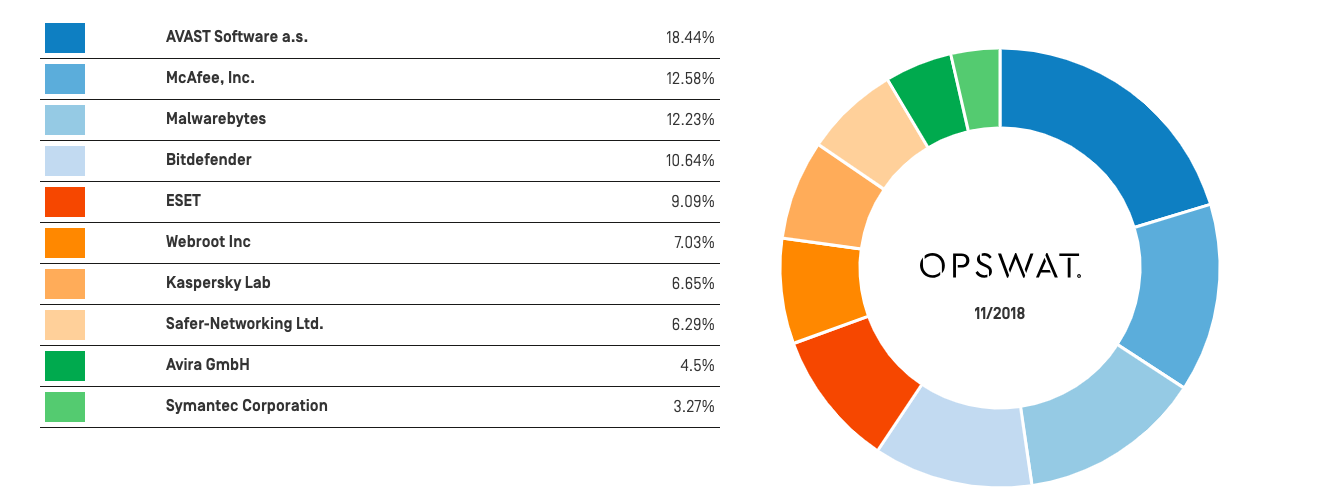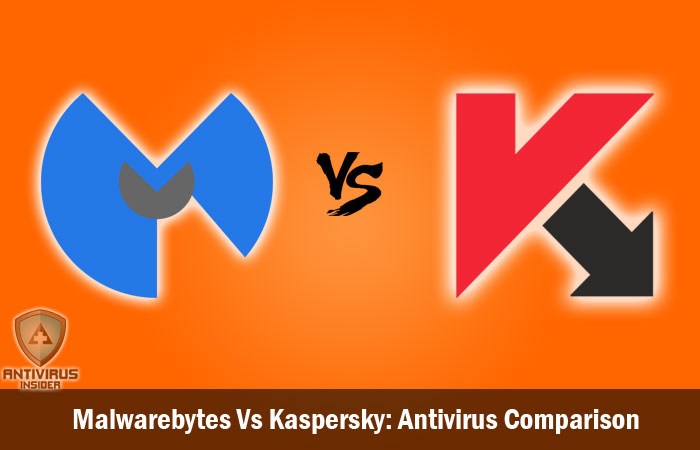
Still, there are key differences between antivirus and anti-malware software that go beyond semantics. Not a lot of people know what malware is. Most people are familiar with computer viruses and what they do. So why do antivirus companies still call themselves antivirus? Since viruses made headlines in the 90s, security companies focused their efforts on fighting them. This can include infectious malware like worms, web threats like keyloggers, or concealment malware, such as rootkits. They aren’t used very often by today’s cybercriminals, which is why many antivirus companies have evolved to fight more than “just” viruses.

By this we mean: they’ve been around for a while and haven’t changed all that much. Viruses are considered to be legacy threats. Unfortunately we can’t stop there because it’s a little more complicated than that. So the logic follows: all viruses are malware. Malware, on the other hand, is an umbrella term that stands for a variety of malicious software, including Trojans, spyware, worms, adware, ransomware, and yes, viruses. A virus is a piece of code that is capable of copying itself in order to do damage to your computer, including corrupting your system or destroying data. malwareīefore we can answer that, we need to first unveil what, exactly, are viruses and malware. What’s the difference between antivirus and anti-malware? Virus vs.

Which leads them to the inevitable query: (And no, the answer isn’t 42.) Whenever someone begins their search for online security, they ultimately discover there are two major types of protection: antivirus and anti-malware. The ultimate question of life, the universe, and everything.


 0 kommentar(er)
0 kommentar(er)
